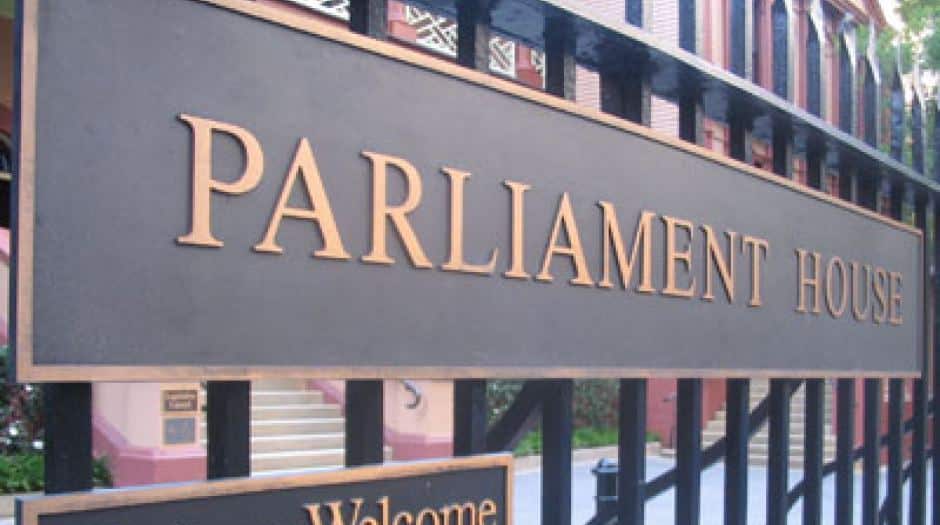During National Palliative Care Week the Parliamentary Secretary for Regional and Rural Health, Leslie Williams, spoke about the government’s commitment to Palliative Care in NSW, and the legislative assembly debated the government’s recent record on Palliative Care:
Williams highlighted the government’s recent funding initiatives in NSW:
The Government’s record investment in palliative care of $100 million over four years, announced in the last budget, is in addition to the $210 million that is spent each year for services right across New South Wales. The 2017-18 State budget, which provided this funding, was to increase the workforce by an additional nine palliative care specialists in regional and rural areas, two specialist positions to provide relief to other specialists in rural and regional areas and for an additional 30 palliative care nurses providing care in hospitals, in homes and in nursing homes. The 2017-18 State budget also provided funding for training and development: palliative care training for 300 nurses and allied health staff and 300 scholarships specifically for rural and regional nurses and allied health staff to enhance their palliative care skills. The Government also invested in a community pharmacy initiative to improve medication management for palliative care patients.
Kate Washington (Port Stephens) responded by highlighting the criticisms of NSW Health by the Auditor General:
Again the Government is taking a commercial approach to service delivery of something that is critically important. I have spoken of the high turnover in palliative care nurses overall, but in Port Stephens three-quarters of our local palliative care nurses are approaching their seventieth birthdays. The lack of workforce planning identified by the Auditor-General is being played out in Port Stephens and, I have no doubt, across many areas of New South Wales. Succession planning is desperately needed.
Liesel Tesch and Philip Donato (Gosford and Orange respectively) spoke about the gaps in hospital-based dedicated palliative care facilities in their areas, Donato saying:
The old Orange Base Hospital did provide palliative care, but the new hospital, although a fantastic facility opened in 2011, does not have a dedicated palliative care facility.
Daryl Maguire spoke about the work done in the Wagga Wagga electorate with public-private partnerships, acute and slow-stream inpatient services:
Slow stream beds are available for people who choose to end their days in a hospice environment. The acute beds are available to get the condition under control so that the patient is able to go home, with assistance from a palliative care team. That service is delivered across the Riverina-Murrumbidgee region. It was done through cooperation between Federal, State, local government, health providers, Calvary Health Care, Murrumbidgee locals and others to deliver that outcome. I suggest to members they should formulate a plan and then go back to their communities to do the work. Do not come into this House and complain about less than optimal facilities…
In all some 15 MLAs spoke about Palliative Care in their electorates, including Port Macquarie, Port Stephens, Myall Lakes, Gosford, North Shore, Lake Macquarie, Camden, Orange, Wagga Wagga, Upper Hunter, Pittwater, Epping, Mulgoa, Terrigal and Manly.
Click here to read Hansard record of the debate (opens in a new page).


